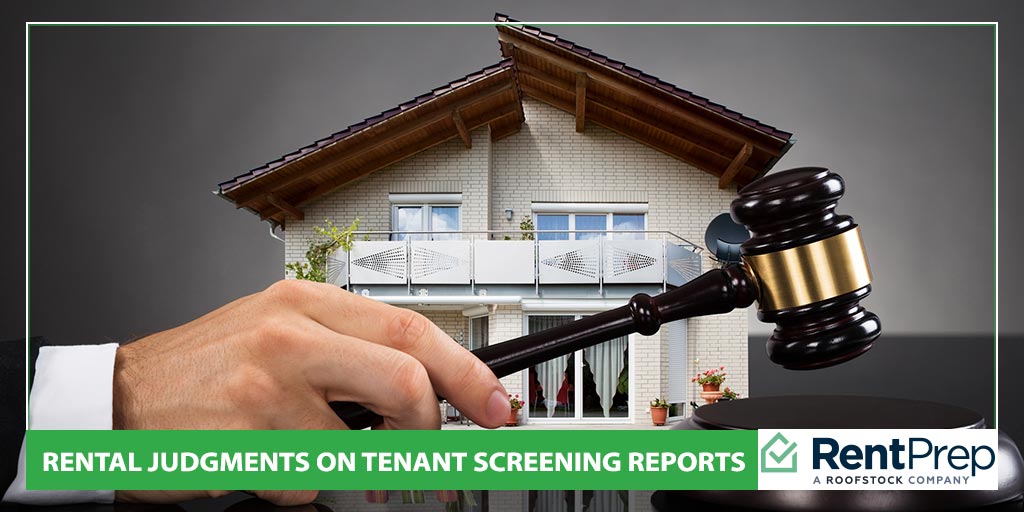
We get landlords calling into our office all of the time asking us questions about rental judgments and what they mean on tenant screening reports.
Basically, a judgment is the last resort for somebody who has money owed to them. The most common ones we see are filed by credit card companies, banks, and past landlords who are still owed rent and/or damages.
What Information Can Be Found in a Rental Judgment Record?
A judgment is reportable for up to 7 years. The only thing stopping us from reporting one during that time is if the applicant has successfully paid the amount owed, and a release has been filed.
If it shows on your background report, then the money is still owed and can be collected on at any point.
This is important to keep in mind if the applicant has several judgments filed against them, and/or judgments filed for larger amounts.
The rental judgment will be accompanied by the following information:
- Date of the filing
- Applicant’s name, SSN, and address at the time of filing
- Creditor name
- Attorney information (if available)
Where Can I Find Rental Judgment Records?
Judgments can be found at your local courts. I’ve often heard of landlords walking into the courthouse and digging through documents themselves.
While this is cost-effective, because there is typically no fee for doing this, the problem is the search scope.
The only records you will find will be those filed at that particular courthouse. So if your applicant is from another state, town or county, then you’re missing a whole lot of information.
One trick of the trade that we use is to use an identity development report, or an address history search to see where else the applicant has lived to determine if you’ll need to search another court houses records.
In this day and age, most people do not live in one place or have everything conveniently filed in one place, unfortunately. Of course using the right tenant screening and background check company is probably the best way to ensure you’re getting the right information.

